Karen Tay, Singapore's Smart Nation director, was recently in Washington D.C. to run a workshop for the World Bank on how to develop “smart cities." She says: “'Smart cities' is honestly a buzzword... when I get invited to speak, most people expect me to start with cool tech like AR, VR, AI, modeling and simulation, blockchain and the like. The fact is that cities are complex ecosystems with very established ways of operating. If we want to disrupt them with technology in a way that benefits the masses (i.e. not just the upper middle class), we need dedicated work from the ground-up, coupled with political commitment." Karen Tay's five tips for smart city efforts come from conversations and projects with smart city leaders around the world.






 Your new post is loading...
Your new post is loading...
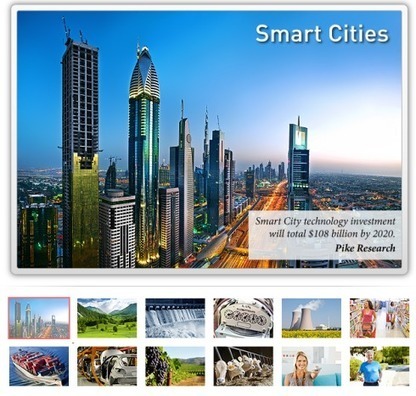



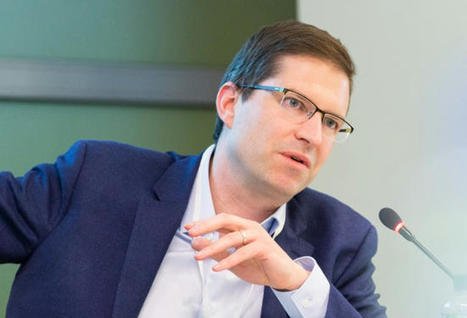
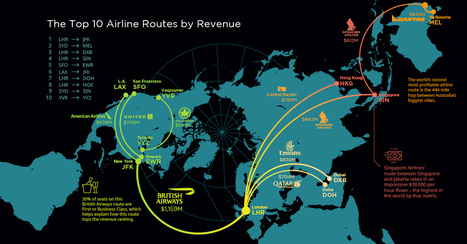


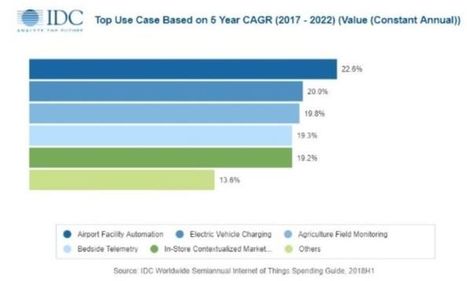
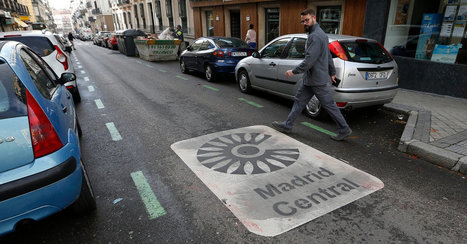
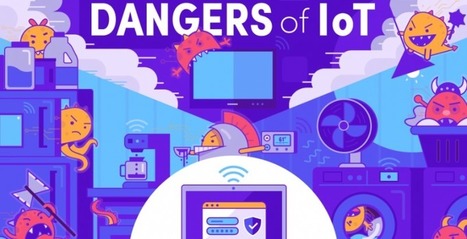




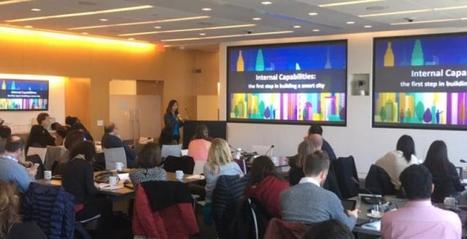
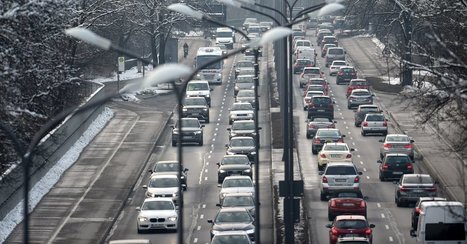



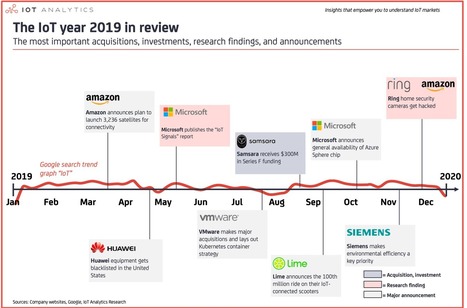
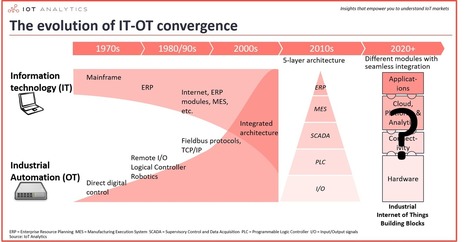

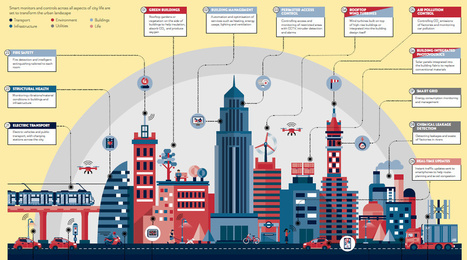


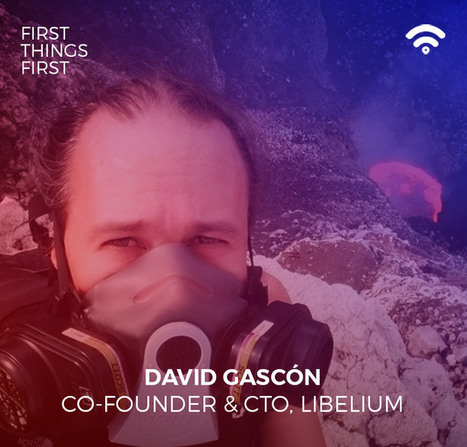










San Jose, in the heart of Silicon Valley, is upgrading its broadband infrastructure and laying the groundwork for the future deployment of 5G service.
According to officials, the San Jose agreements with the three carriers represent the largest small cell deployment of any U.S. city. In all, about 4,000 city-owned light polls will get the cells.